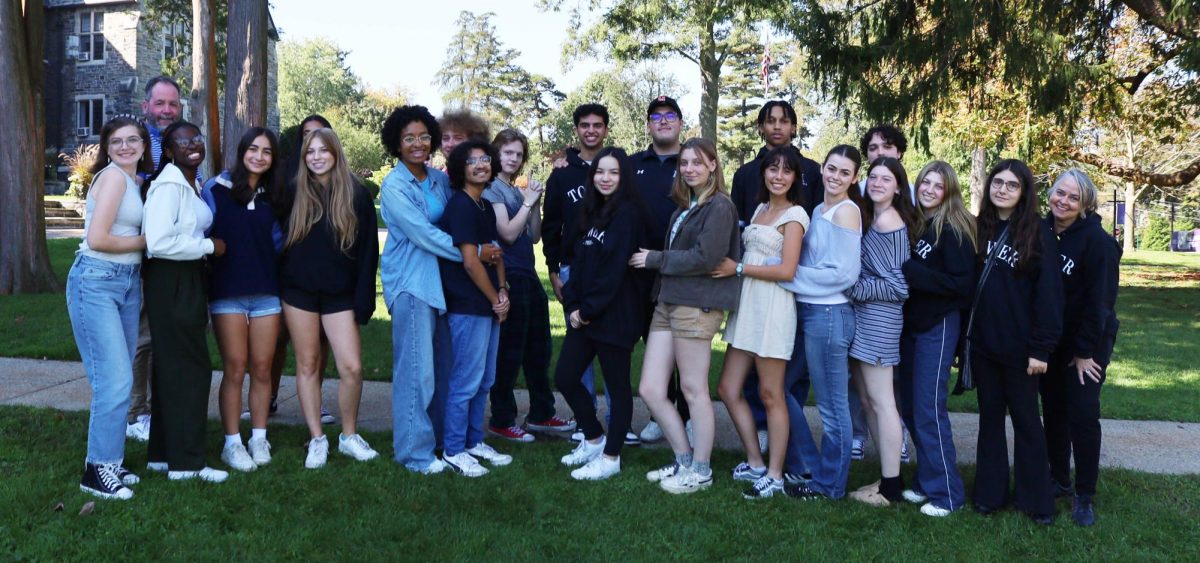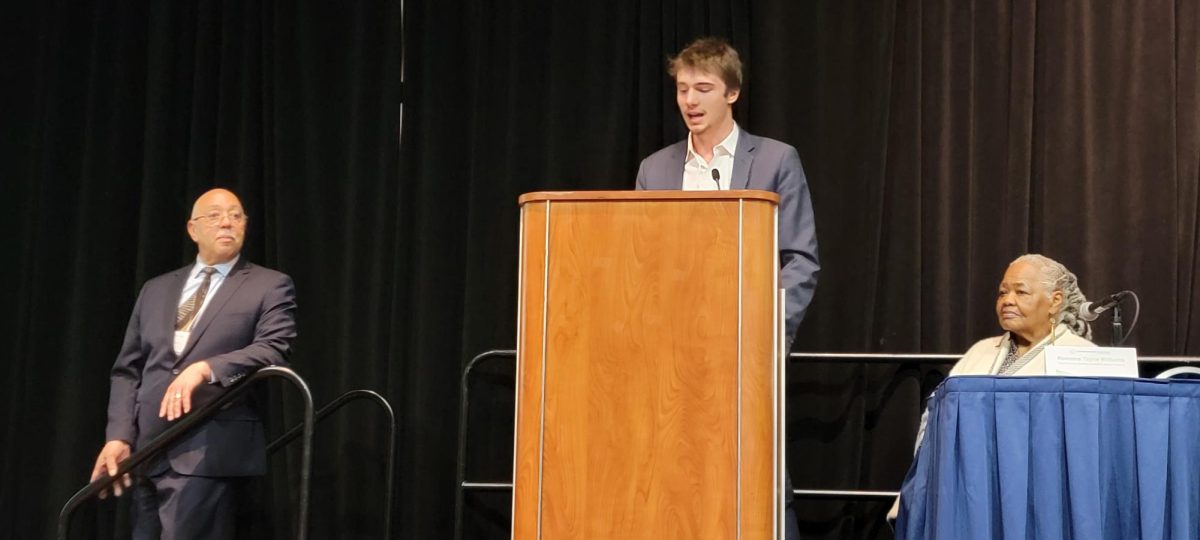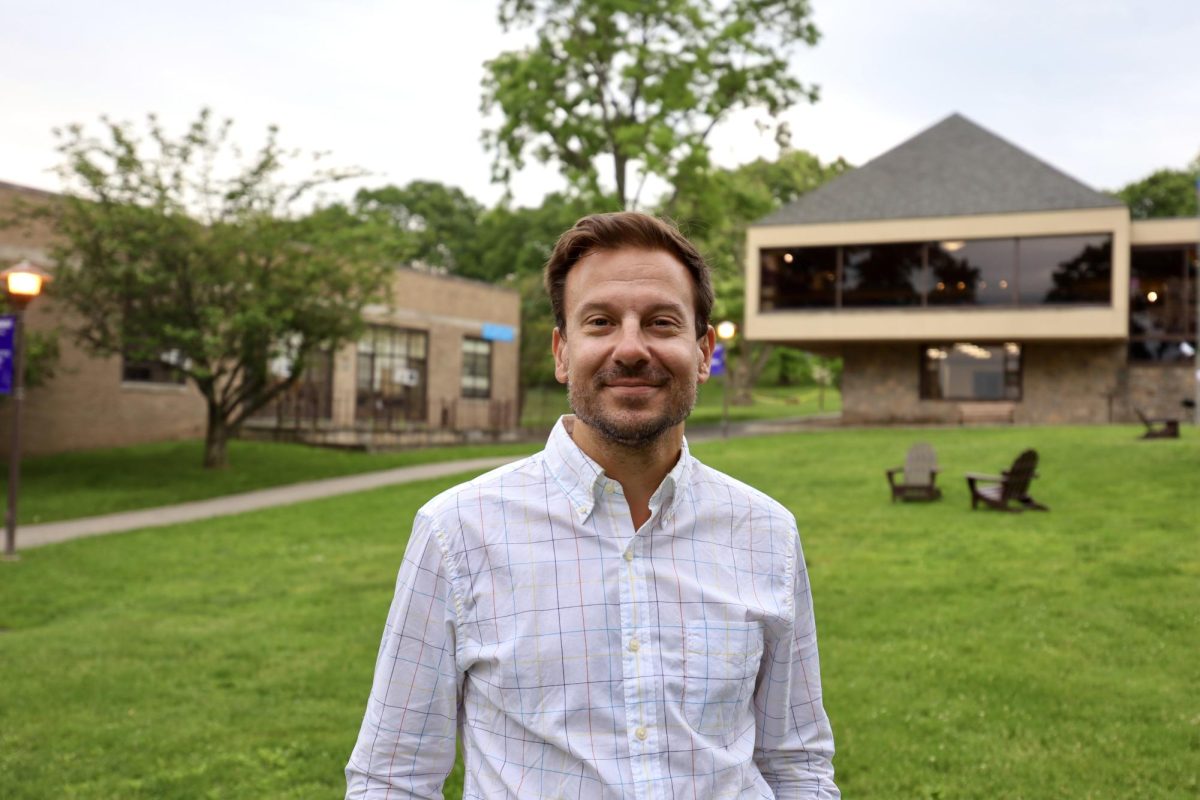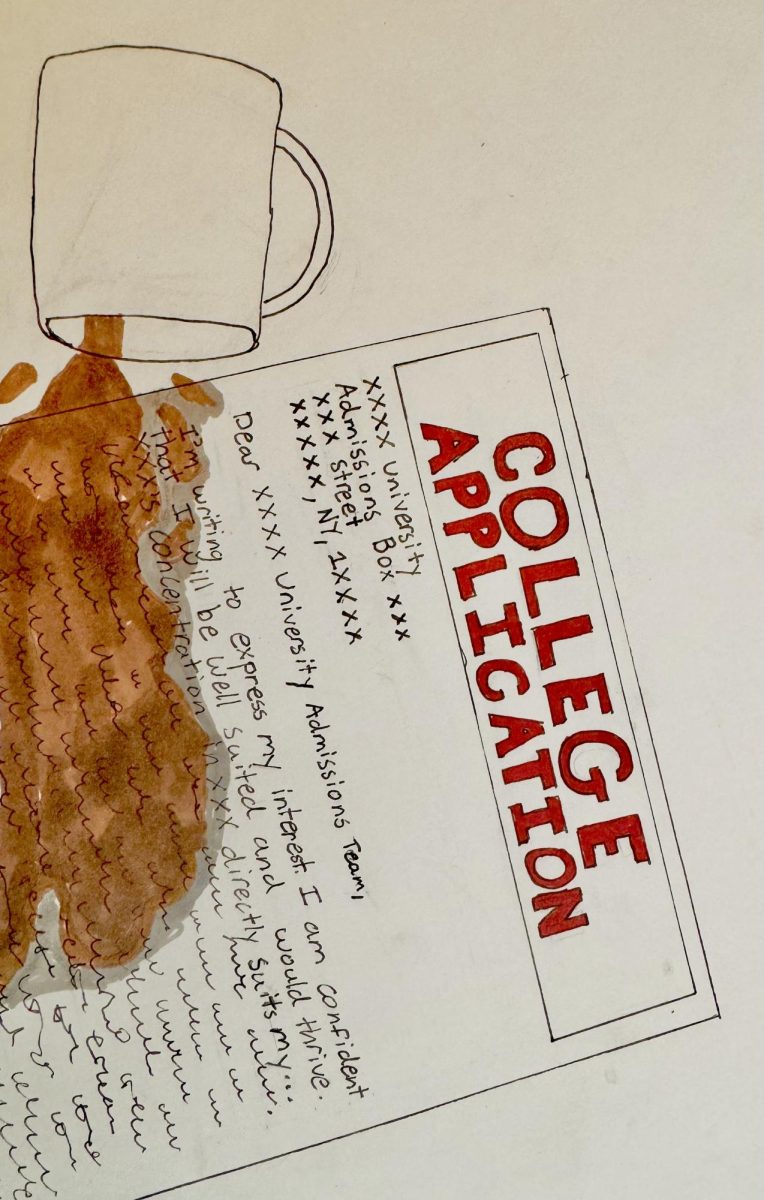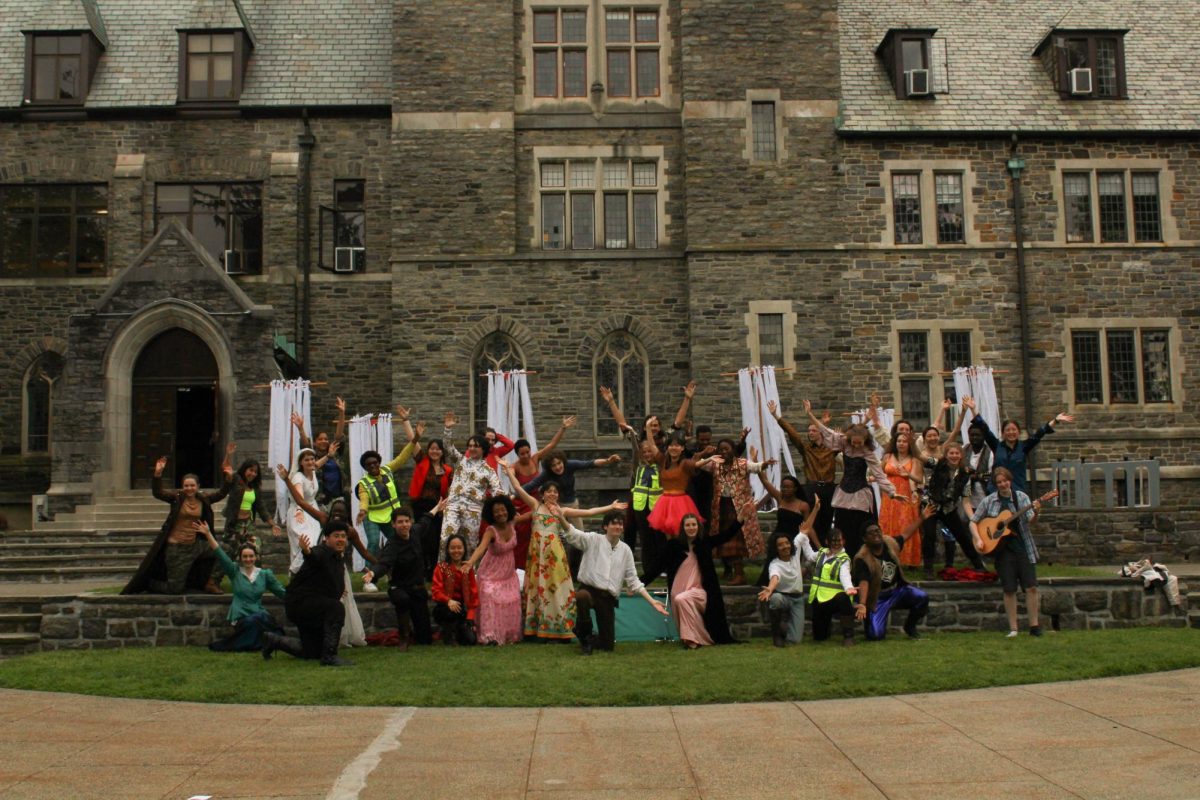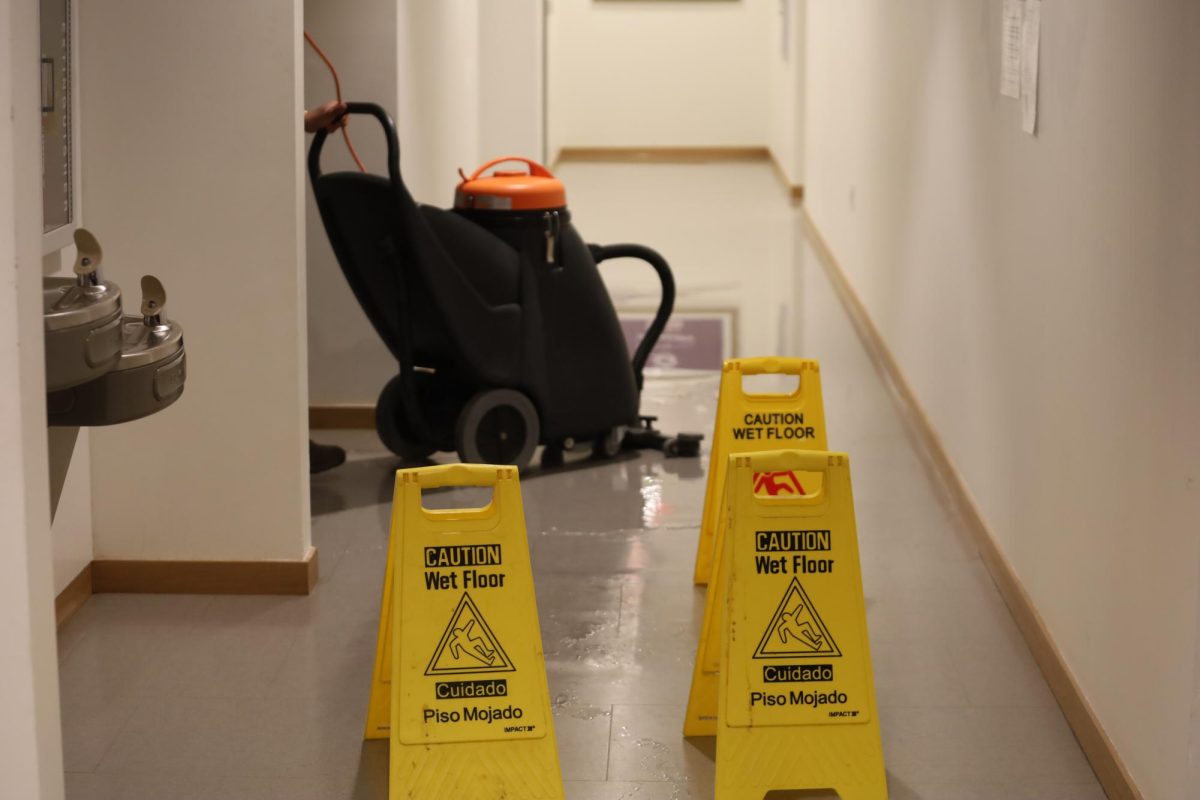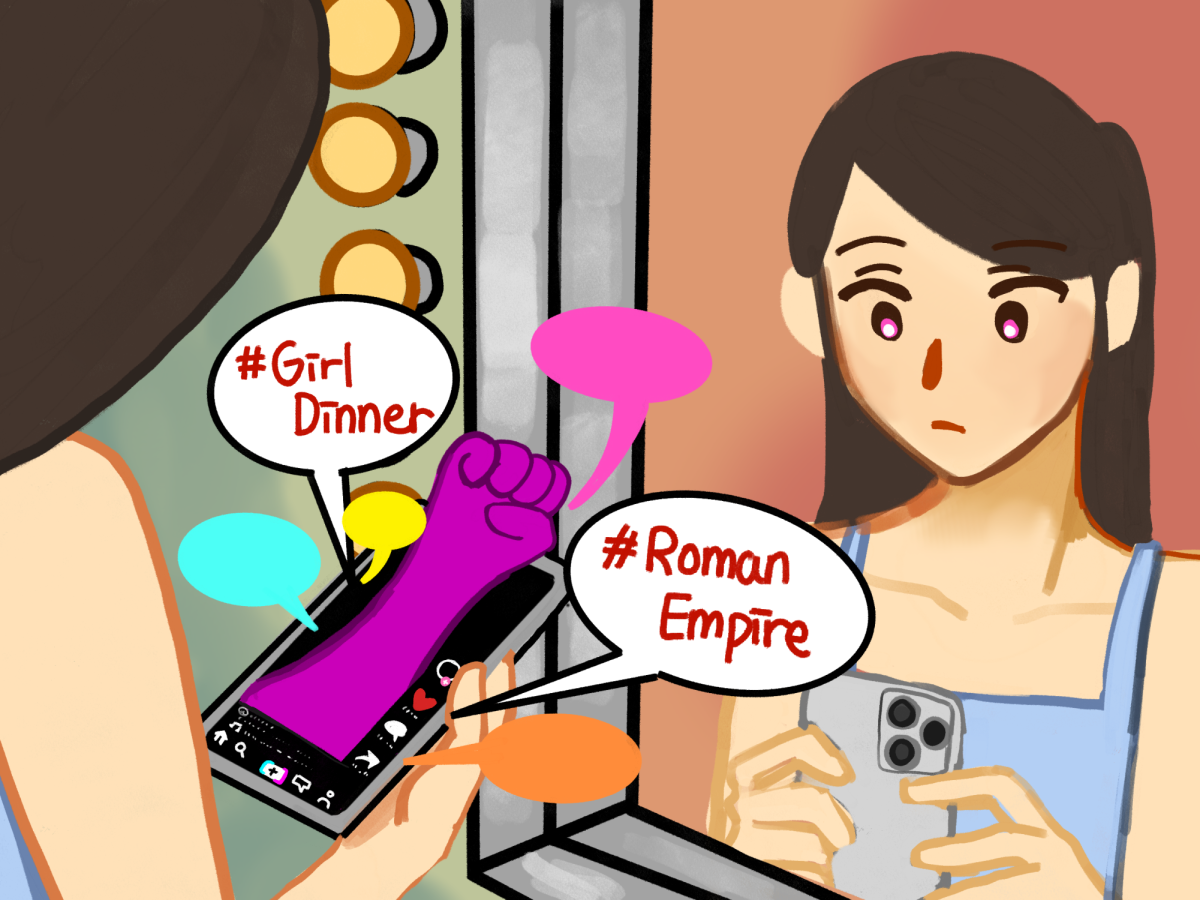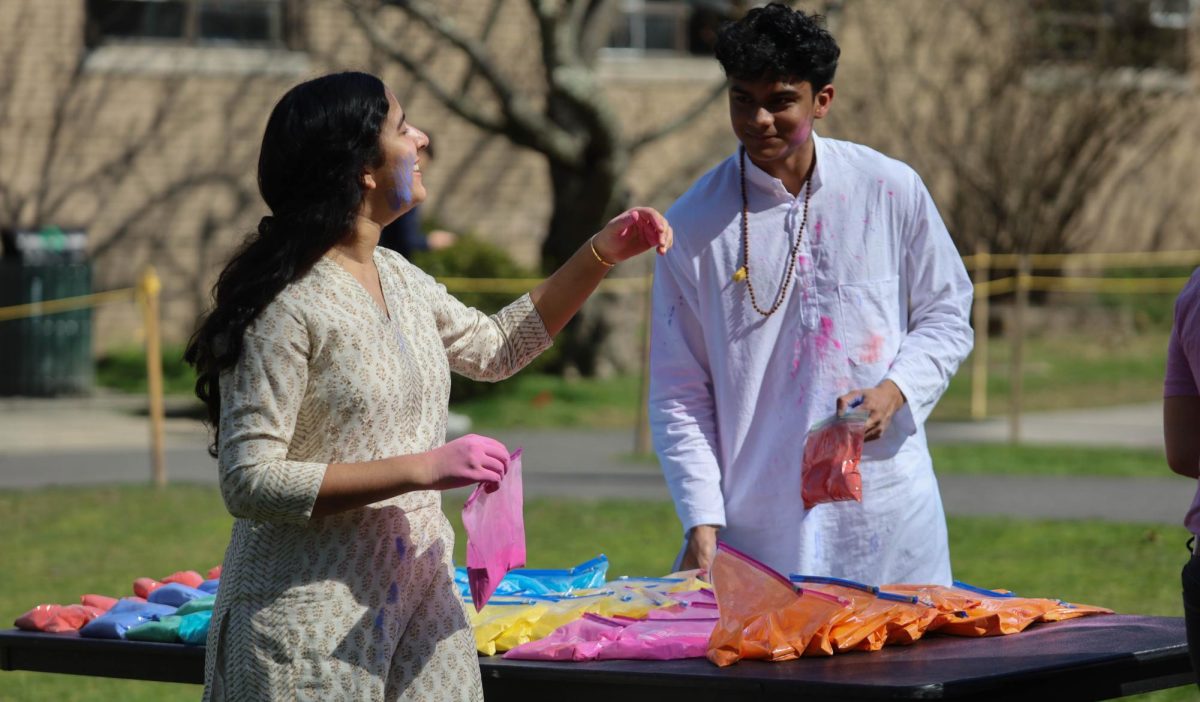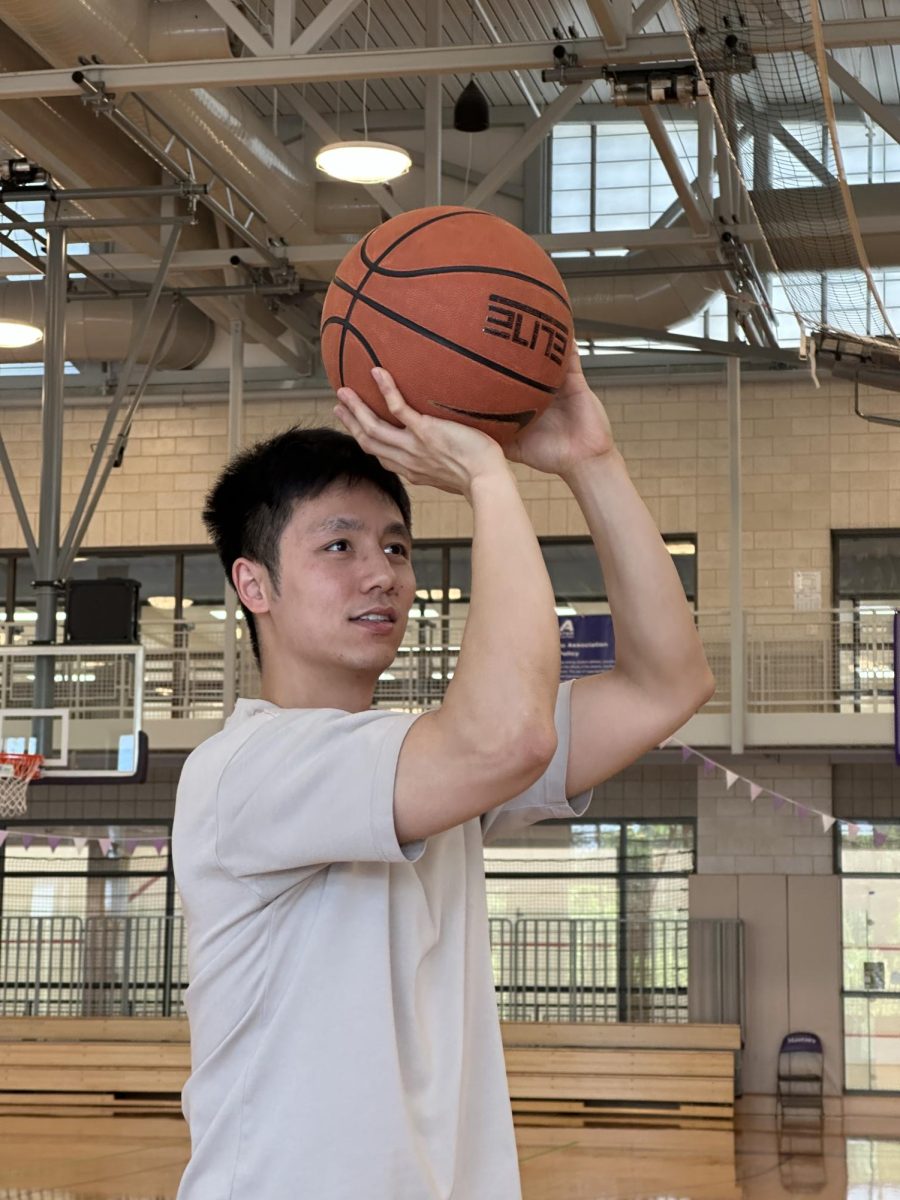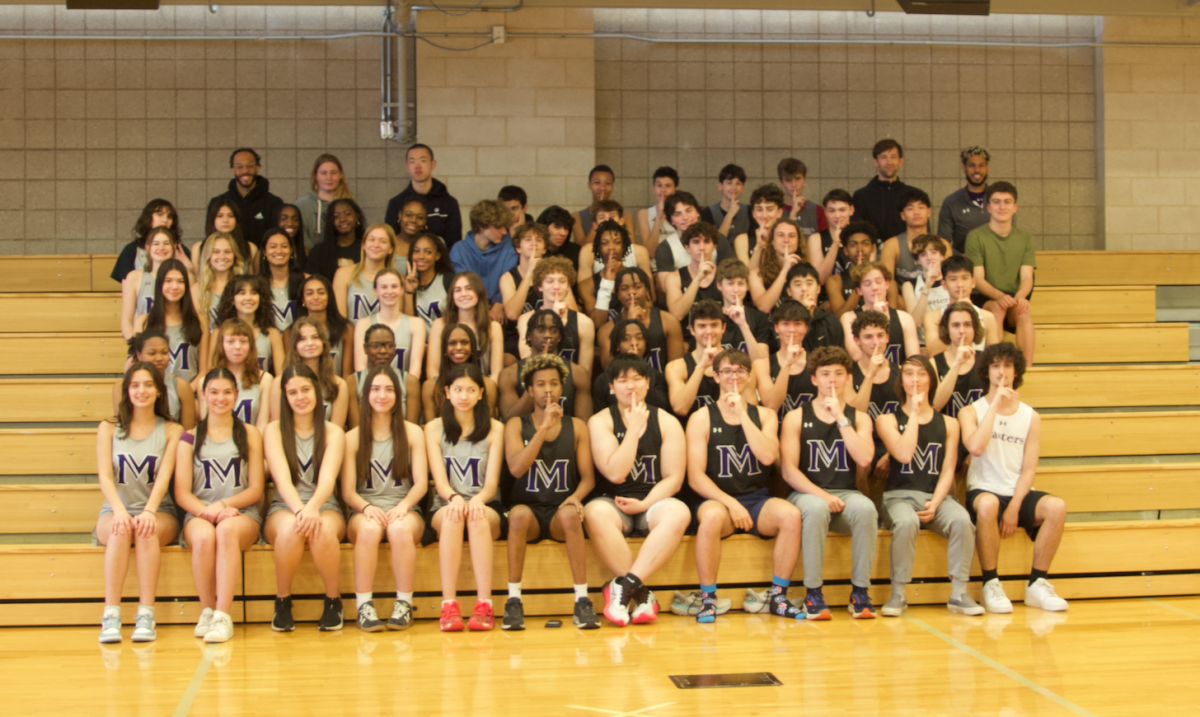Open TikTok and you’ll be greeted by an endless lineup of skincare tutorials. However, a new trend has emerged amidst the tips and glowing product reviews: female pre-teens confidently hunt through aisles of anti-aging serums and apply wrinkle-fighting creams. The trending anti-aging content online influences young minds in all the wrong ways.
From expertly delivered product reviews to before-and-after transformations promising ageless perfection, social media platforms fight a war against wrinkles, with young audiences as the frontline soldiers.
This obsession with chasing youth, fueled by a multi-billion dollar skincare market, raises pressing concerns about its impact on girls’ mental and emotional well-being. In the eighth and ninth grade, Natalie Beit ’25 worked at Maison Rouge, a makeup store nearby in Bronxville. This past summer, she got a six-week remote internship with Clark’s Botanicals, a high-end clean skincare supplier in her town.
Beit was sent a range of skincare products from the company, primarily ones packed with anti-aging ingredients. She mentioned that her favorite products from the trial were their Retinol Rescue Overnight Cream and the Invisible Hero SPF 30 Anti-aging Sunscreen + Hyaluronic Acid.
Retinol is an ingredient (and a type of retinoid) meant to combat wrinkles and other signs of aging and is typically reserved for older women. Beit was prescribed retinoids by her dermatologist to give her clearer skin, not to “beat” age. Still, the desire to have “clear skin” is an insecurity contrived from the pervasive narrative that smooth, wrinkle-free skin is the ultimate marker of beauty, regardless of age.
Many young girls and teens are using retinoids and other products they don’t need due to pressure from TikTok. “This fast consumerist culture that TikTok promotes, I get sucked into it a lot,” Beit said. “Sometimes I’m like, ‘Oh, snail mucin. People who use that have clear and glowy skin. Like, maybe I need to [buy snail mucin] now.'”
This fast consumerist culture that TikTok promotes, I get sucked into it a lot.”
— Natalie Beit '25
Dr. Norman M. Rowe, MD, founded Rowe Plastic Surgery, which has several locations in New York City, Long Island, New Jersey, and Florida. He has worked in the plastic surgery business for over 20 years, and the pursuit of youthful skin is a constant theme among his female patients, reflecting a broader societal obsession cultivated by unrealistic online images.
Rowe said, “I think that issue is that social media is presenting an unattainable image. Yeah, no one’s perfect. No one will look like they do when they filter themselves on Instagram.”
“I think that issue is that social media is presenting an unattainable image. Yeah, no one’s perfect. No one will look like they do when they filter themselves on Instagram.”
— Dr. Norman Rowe, MD
He explained how he sees TikTok’s strong influence in his work, “Whenever something explodes on social media, like ice facials or Kylie’s big lip shot glasses, my phones are ringing off the hook.”
According to the American Academy of Dermatologists (AAD), it is recommended that an effective anti-aging skincare routine be established before the ages of 40-50. This includes retinol, vitamin C, AHAs, copper peptides, and hyaluronic acid.
Sophomore Beatrice Steiner is 15 years old and uses Adapalene gel, a topical retinoid, every night. Although recommended for use on more mature skin, Steiner said she uses retinol with sunscreen daily as a “preventative measure.”
Steiner was recommended skin regimens on her TikTok For You Page. “I wear sunscreen every day because I saw a TikTok video telling me to,” she mentioned.
“I always say jokingly that I don’t think I would survive nowadays because when I grew up, it was a very different world, ” Middle and Upper School Health and Wellness Teacher Jodie Goldberg said. She continued, “There’s a lot of pressure on teenagers these days, and they appear more grown up than I felt at the time.”
Teen girls are used in beauty industry roles typically reserved for older women, creating a dissonance where teenagers promote products meant for their mother’s generation. This further blurs lines of what is age-appropriate and heightens a teenager’s need to own anti-aging products.
Beit said Clark’s Botanicals’ target market was women in their 30s and above, yet the two interns were both teenagers, hired for their knowledge of the realm of TikTok advertising. She would pick up products from Clark’s Botanicals and create TikToks to show viewers how to use the skincare in a routine.
“It was interesting that they were using TikTok as a platform because TikTok is generally targeted towards younger individuals, but the idea was to market their products, especially in this new age of marketing where it’s all fastly consumed,” Beit commented.
In a survey conducted by Business Insider, kids between the ages of 11 and 17 spend almost two hours daily on TikTok. Additionally, Exploding Topics reported 25% of TikTok users in the United States are 10 to 19 years old. Now, the anti-aging hashtag on TikTok has gained around 625,400 views. With the increasing usage of TikTok among teens like Beit and Steiner, one can imagine the amount of exposure to anti-aging content they receive.
Goldberg said she advocates for social media to shift in content creation – one that prioritizes healthy self-acceptance over the pressure to purchase anti-aging skincare. “For the same amount that we promote and market all of those products that we would also be promoting and marketing, the kind of self-love that comes without them,” she said.








